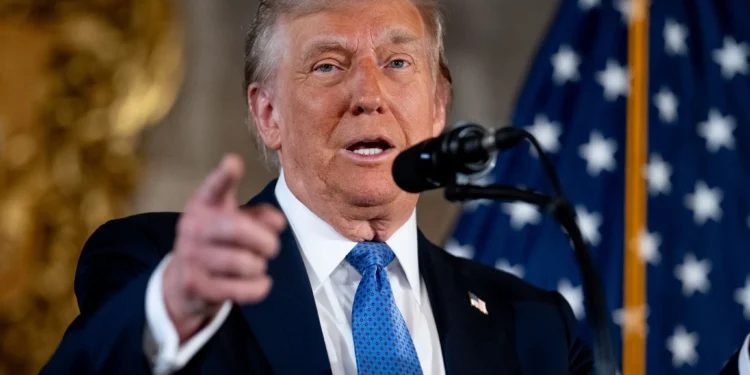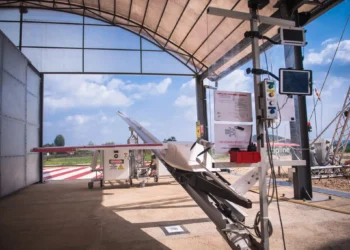On September 19, 2025, U.S. President Donald Trump unveiled an executive order that imposes a $100,000 fee on new H-1B visa applications. The shift targets companies seeking to hire skilled foreign workers living outside the U.S., a move that rattles global talent flows. The White House clarified that current visa holders and renewals won’t face this fee.
For Africa, the development creates both disturbance and possibility. Many African tech workers depend on H-1B visas to access jobs in America, gain new skills, send remittances, or return home with enhanced expertise. The higher fee could cut off some traditional paths. Yet the announcement also heightens the value of remote work, local tech jobs, and regional talent retention strategies.
Why the Fee Matters for African Tech Talent
Companies used to spend perhaps several thousand dollars on filing and legal fees for H-1B visa applicants. The new policy boosts cost dramatically, often beyond what many smaller firms or emerging startups can bear. Because many African firms fall into those sizes, they risk losing access to some U.S.-based collaboration, internships, or migration pipelines that previously benefited students and early-career professionals.
But African professionals also gain leverage. Firms that want the best skills may now prefer contracting or remote work instead of sponsoring relocation. African tech hubs such as Lagos, Nairobi, Accra, and Cape Town already build talent; the fee forces stakeholders to rethink how to attract and retain professionals without depending on U.S. visas.
Governments Must Step In: What Africa Needs to Do
African governments must treat this shift as urgent. They must invest in digital infrastructure: broadband, reliable electricity, and tools that let people work remotely with global clients. Without those foundations, remote-friendly policies remain an aspiration.
They need to introduce incentives that reward remote work or collaboration with international employers. Tax breaks, flexible regulation, and remote-friendly legal frameworks can help. Training programmes must align with high-demand skills like artificial intelligence, cloud engineering, cybersecurity, data science. African universities and edtech providers must pivot fast.
Regional migration alternatives also merit planning. Countries like Canada, UK, EU are already options to many professionals. But Africa can compete by offering quality local opportunities and stable environments. Public/private partnerships can build innovation hubs, coworking spaces, incubators. Governments must lead on policy, funding, and regulation.
The Stakes: Missed Potential vs. Future Gains
If Africa reacts slowly, the fee could deepen brain drain. Talented individuals may accept lower quality global remote work but lose out on opportunities tied to the U.S. visa ecosystem. Remittances might drop, knowledge transfer could stall. Economies that fail to adapt will lag behind in high-growth sectors.
If governments act decisively, Africa can retain more world-class talent, increase digital exports, and build stronger tech ecosystems. Remote earning potential can multiply across borders, keeping value on the continent. More Africans might lead innovation, not just participate in foreign innovation.
Conclusion
Trump’s $100,000 fee for new H-1B visa applications shakes up the global talent equation. It tightens old pathways but opens room for new ones. Africa’s moment lies here. Governments that invest in infrastructure, incentives, training, and regulation will unlock the opportunity. Those that hesitate will watch talent migrate, not in body, but in skill and opportunity. The time for decisiveness is now.




